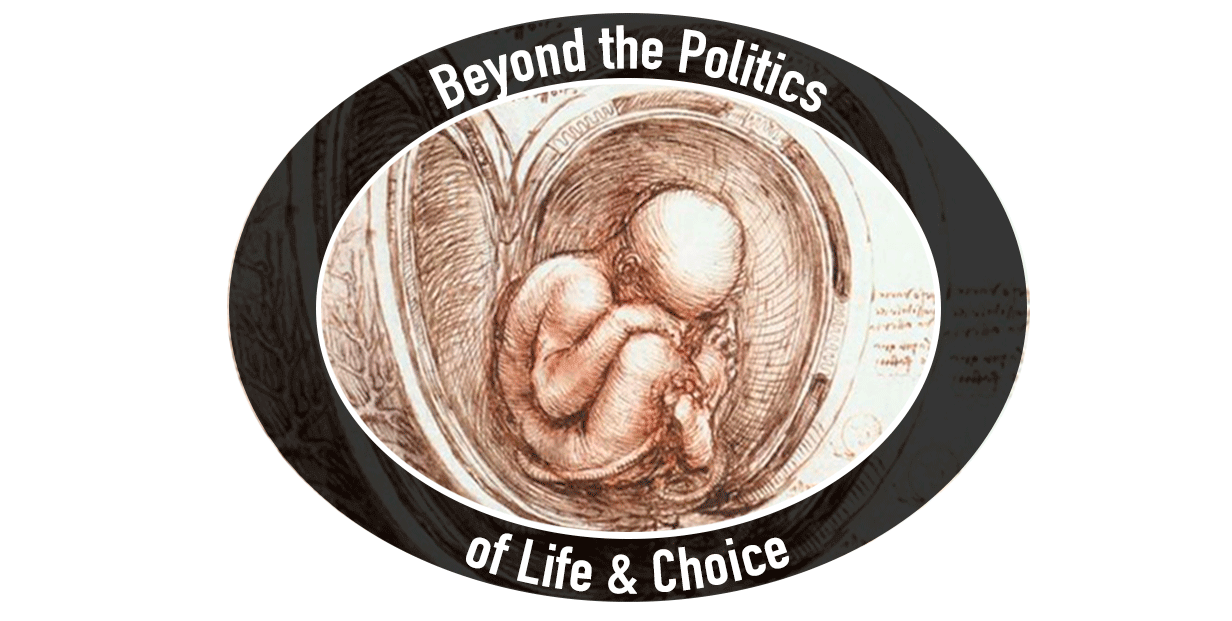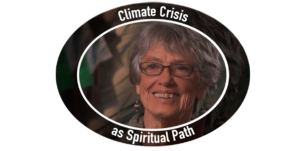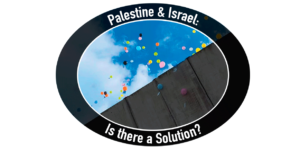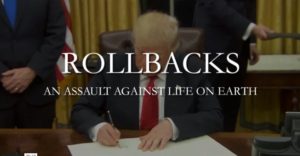“The pro-lifers keep saying, “It’s a baby, it’s a baby.” That’s the one theme they keep hammering. Whereas pro-choicers will say it’s a woman’s choice. And you’ll notice that those arguments don’t engage each other; they just shoot right past each other. So neither side is answering the concerns of the other. Frederica Matthewes-Green (Author, REAL CHOICES)
Is it even possible to have a constructive conversation between Pro-Choice and Pro-Life individuals? A 2021 Gallup Poll confirms how sharply divided Americans are, with 47% believing that abortion is morally acceptable and 46% believing that it is morally wrong. And not only is abortion becoming more partisan and politicized by the day, the issue is also causing deep rifts within families and communities.
In our film, we decided to explore both sides of the argument. We hoped (and still hope) that it will encourage a deeper understanding on both sides, or as Mary Jacksteit, Program Director for Search for Common Ground, says at the opening of the film:
“No one person holds the whole truth about anything. And listening to so many conversations of pro-choice and pro-life people, I came to really believe that there is tremendously important truth in both positions. And for the society really to become wise about this issue, none of this truth can be disregarded.”
While some films and documentaries may seek to explore the politics of abortion from a neutral standpoint, too often debate supersedes conversation. Opinions override empathy. Consequently, the pro-life versus pro-choice discussion becomes ever more entrenched in dissension.
Our film, Beyond The Politics Of Life And Choice: A New Conversation About Abortion, aims to transcend ideology and worn arguments by illuminating deep feelings and valuable insight on both sides. By changing the tone to one of respectful engagement, the film creates an opportunity for authentic discussion of differing views to bridge the divide so that the path is paved for the process of moving forward together. By lifting up personal experiences and allowing them to be aired in a safe space free from political vitriol and dogma, the inherent realities of abortion are explored in a sensitive and meaningful way. The documentary defuses the issue, enabling a new conversation to take shape and breathe.
Beyond the Politics of Life and Choice is a compelling resource
intended for teachers, libraries, faith communities, legislators, guidance counselors, activist groups, and community organizations—those in a position to educate, mediate, or frame public policy in the interest of the common good.
Beyond the Politics of Life and Choice inspires compassionate listening and open-hearted discussion on the subject of abortion and key questions: Who decides? Baby or not? Murder or not? Roe v. Wade, Sexuality, Shame, Contraception, Young people, Sexism, Social Justice. It is suitable for classes in women’s studies, gender studies, spirituality, psychology, sociology, ethics, religion, political science, public health, social justice, communications, conflict resolution, reproductive justice, and contemporary social problems.
A valuable Discussion Guide is easy to download.





